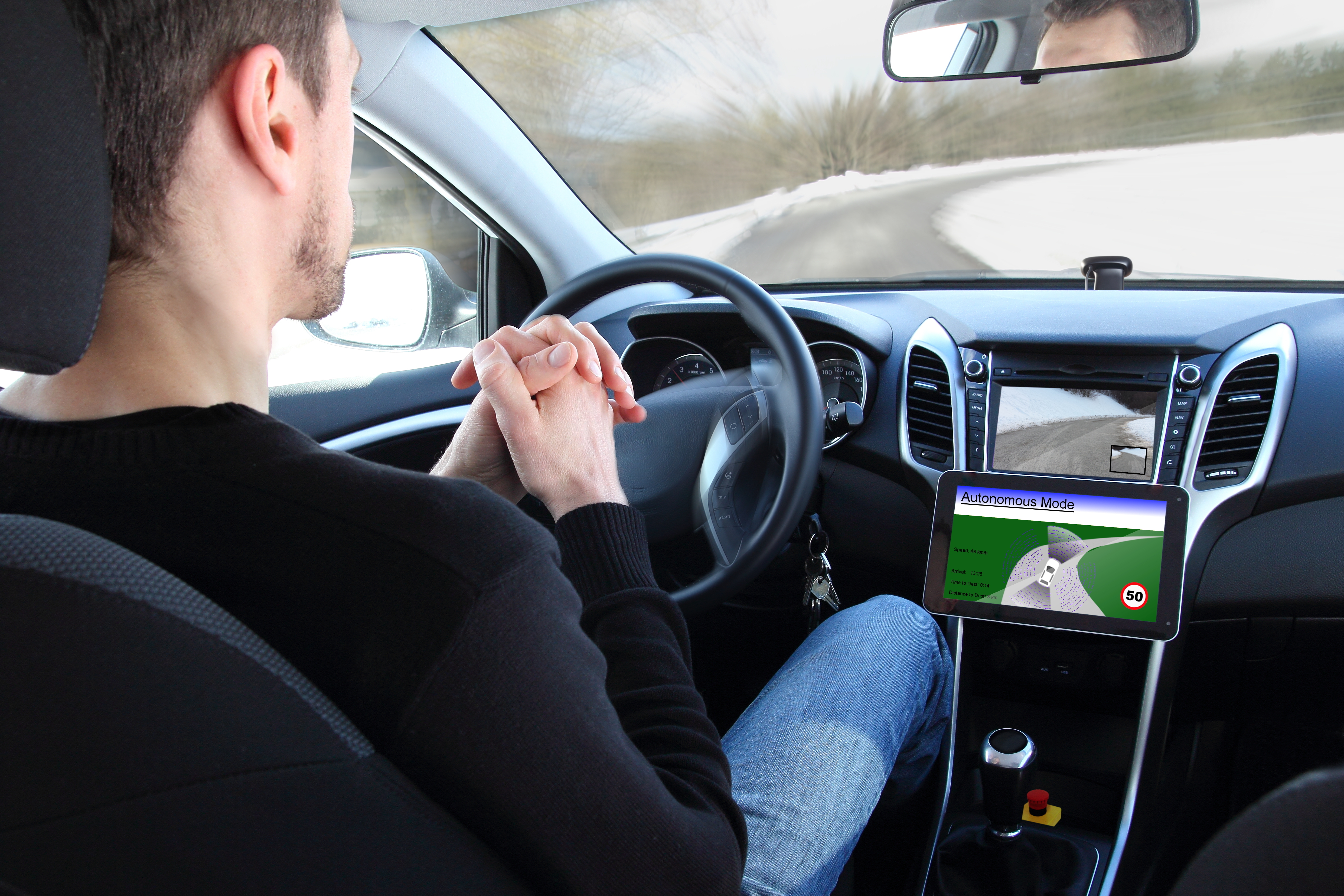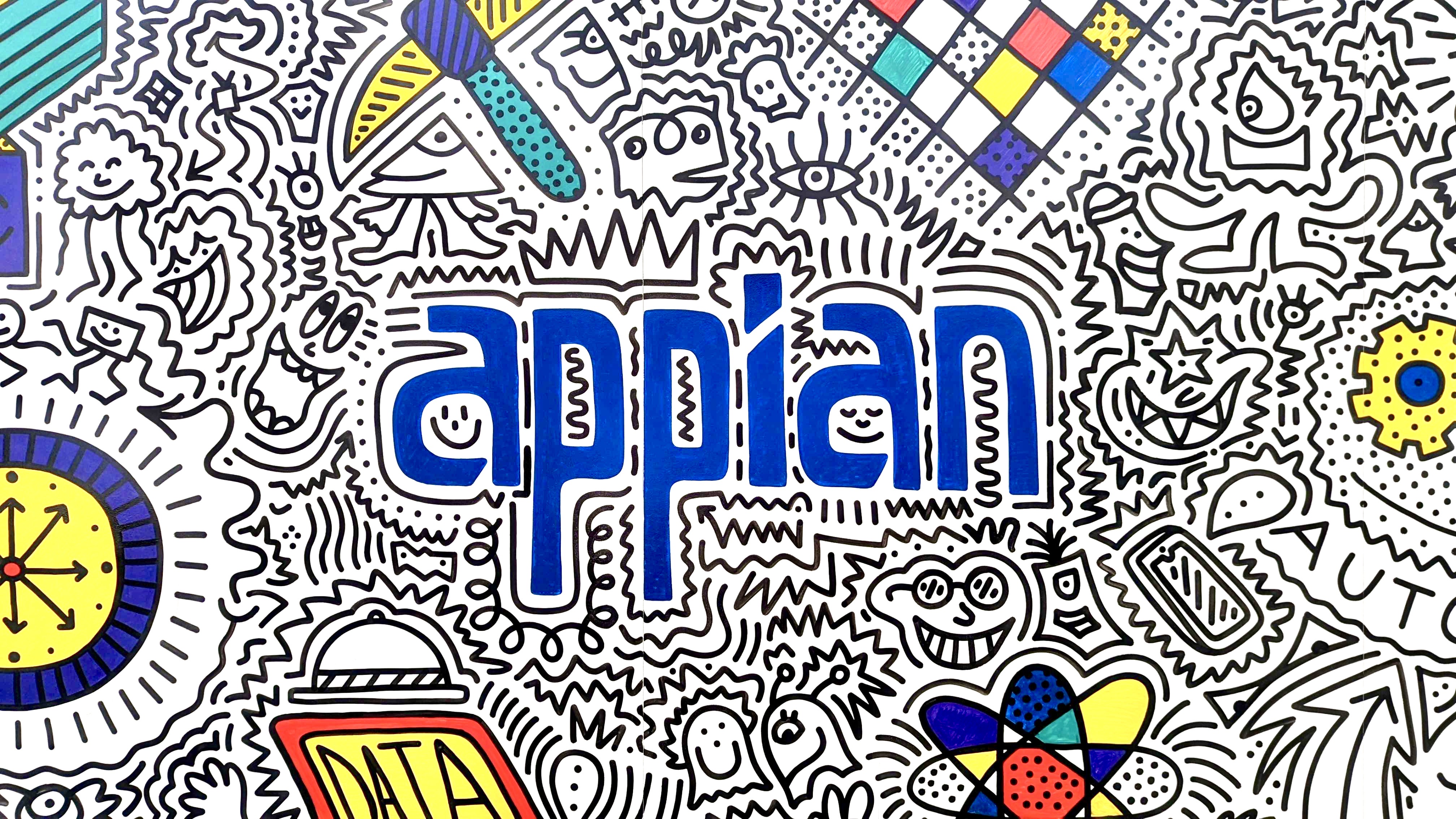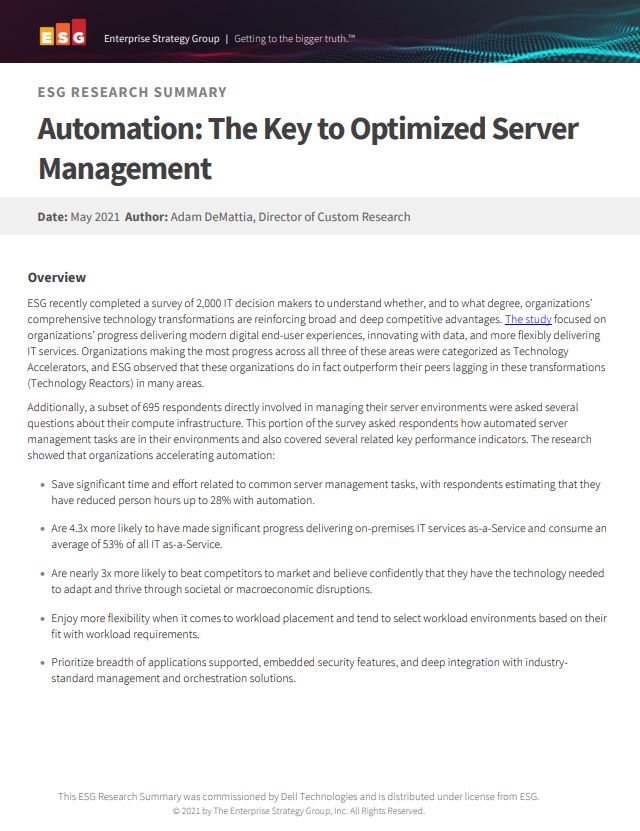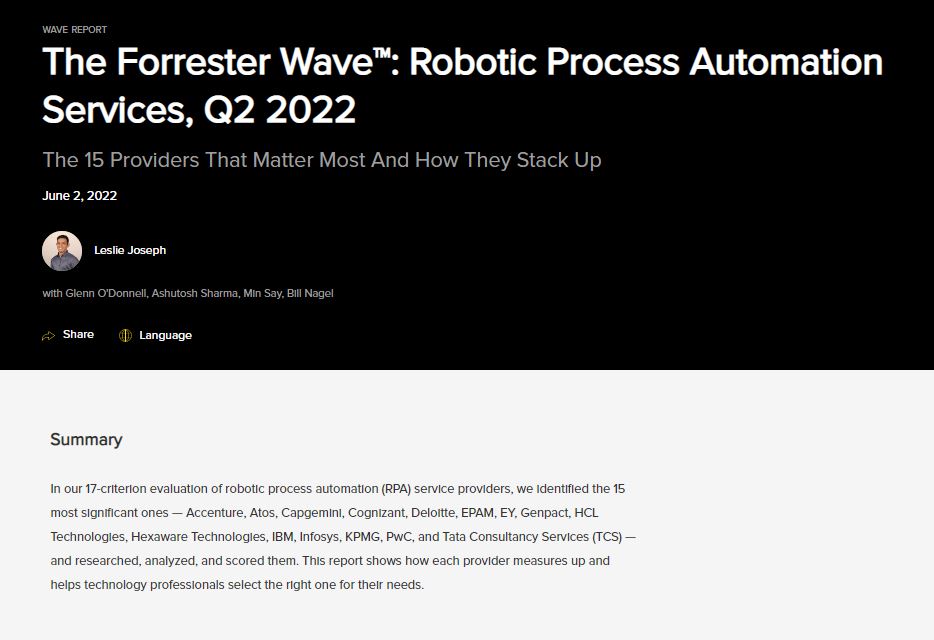US unveils nationwide data platform for self-driving cars
The effort is meant to bring transparency to the ongoing testing of driverless vehicles

In an effort to streamline the rollout of self-driving vehicles and make it more transparent to the public, federal authorities are unveiling a new effort to collect and make available all the nationwide data on autonomous vehicle testing.
The US Department of Transportation (DoT) is launching a project it calls the Automated Vehicle Transparency and Engagement for Safe Testing (AV TEST) Initiative.
The DoT announced Monday that nine companies and eight states have signed up to participate. The companies are Beep, Cruise, Fiat Chrysler, Local Motors, Navya, Nuro, Toyota, Uber and Waymo, and the states are California, Florida, Maryland, Michigan, Ohio, Pennsylvania, Texas and Utah.
“Through this initiative, the Department is creating a formal platform for federal, state and local government to coordinate and share information,” said US Transportation Secretary Elaine L. Chao.
Notice that nine manufacturers have signed on. Indeed, more automakers than ever are working to bring self-driving vehicles to the market someday. But it’s still far from clear when - or even if - our driverless future will ever arrive.
While manufacturers have claimed that driverless vehicles will be safer than human drivers, the push for self-driving cars has run into some setbacks, namely, some fatal accidents that made headlines.
Federal and state governments are still grappling with how to regulate self-driving vehicles. The National Highway Transportation Safety Agency, which governs the nation’s roads, has issued a 15-point checklist that makers of self-driving cars must follow to ensure safety.
Get the ITPro daily newsletter
Sign up today and you will receive a free copy of our Future Focus 2025 report - the leading guidance on AI, cybersecurity and other IT challenges as per 700+ senior executives
This new AV TEST initiative, which makes all the testing data available, seeks to boost public awareness. The government plans to eventually launch online mapping tools to show driverless testing locations and activity data, which may include dates, frequency, vehicle counts and routes.
-
 Cleo attack victim list grows as Hertz confirms customer data stolen
Cleo attack victim list grows as Hertz confirms customer data stolenNews Hertz has confirmed it suffered a data breach as a result of the Cleo zero-day vulnerability in late 2024, with the car rental giant warning that customer data was stolen.
By Ross Kelly
-
 Lateral moves in tech: Why leaders should support employee mobility
Lateral moves in tech: Why leaders should support employee mobilityIn-depth Encouraging staff to switch roles can have long-term benefits for skills in the tech sector
By Keri Allan
-
 Automate personalization with AWS
Automate personalization with AWSWhitepaper How marketers can automate, deliver, and analyze billions of personalized messages and offers per day
By ITPro
-
 How a hyper-automation platform can drive value for your bank
How a hyper-automation platform can drive value for your bankWhitepaper Five ways automated processes can drive revenue and growth
By ITPro
-
 Appian wants to be the AI company for AI skeptics
Appian wants to be the AI company for AI skepticsAnalysis The firm outlines its AI strategy at Appian World 2023 while using ChatGPT and Midjourney to create scripts and imagery for keynote presentations
By Rory Bathgate
-
 Workday hit with claims its AI hiring systems are discriminatory
Workday hit with claims its AI hiring systems are discriminatoryNews An African American plaintiff has alleged that Workday's systems prevented him from being hired on the basis of his race, age, and mental health
By Rory Bathgate
-
 Automation: The key to optimised server management
Automation: The key to optimised server managementWhitepaper Deliver modern digital end-user experiences, innovate with data, and more flexibly deliver IT services
By ITPro
-
 Drive digital transformation with IBM process mining
Drive digital transformation with IBM process miningWhitepaper A process discovery, analysis and monitoring technique to help businesses succeed throughout the entire DX journey
By ITPro
-
 The Forrester Wave™: Robotic Process Automation Services
The Forrester Wave™: Robotic Process Automation ServicesWhitepaper The 15 providers that matter most and how they stack up
By ITPro
-
 The Total Economic Impact™ of IBM Cloud Pak® for Watson AIOps with Instana
The Total Economic Impact™ of IBM Cloud Pak® for Watson AIOps with InstanaWhitepaper Cost savings and business benefits
By ITPro